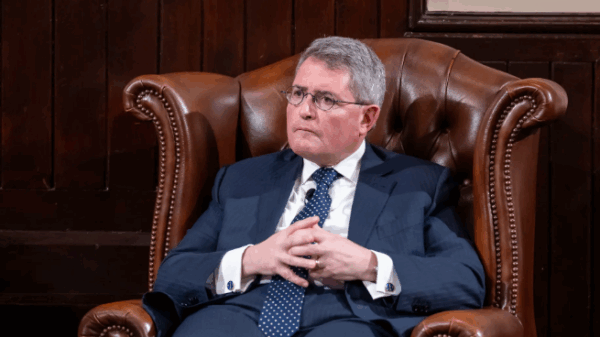In a pivotal address on a sunny Wednesday in late September, Vice President Kamala Harris presented her economic policy framework at Carnegie Mellon University, marking the first comprehensive speech of her presidential campaign. Speaking to an attentive audience of business-minded individuals, Harris detailed her plans to strengthen small businesses, cut taxes for the middle class, and increase affordable housing.
“I am a capitalist,” she declared to the Pittsburgh crowd, emphasizing her commitment to investing in startups and enhancing public-private partnerships to foster economic growth. Harris’s approach aimed to resonate with business-friendly voters, particularly in a neck-and-neck presidential race where defining her candidacy is crucial. A recent New York Times/Siena poll indicated that nearly 30% of likely voters expressed a need to learn more about Harris before making their electoral decisions.
To gain insight into her campaign strategy, TIME consulted 20 current and former advisors, former aides from her vice presidential and Senate offices, senior officials from the past five presidential administrations, and various policy experts. The consensus revealed a pragmatic politician navigating the challenges of a change election, balancing her ties to President Joe Biden and her past positions while focusing on contrasting her vision with that of her opponents.
During her Carnegie Mellon speech, Harris offered a detailed look at her economic proposals. Among her initiatives is a $50,000 tax deduction aimed at encouraging Americans to launch small businesses and a $6,000 Child Tax Credit for families during the first year of a child’s life. Additionally, she pledged to provide $35 insulin for all Americans and eliminate degree requirements for 500,000 federal jobs. Harris also emphasized her commitment to addressing the housing crisis, promising $25,000 in down-payment assistance for first-time homebuyers, tax credits to incentivize builders, and a goal of constructing 3 million affordable housing units within her first term.
Harris’s platform has drawn comparisons to an “iOS upgrade” of the current administration—maintaining the same fundamental principles while introducing new features and improved messaging. Although she shares many policy positions with Biden, such as a focus on abortion rights and housing, the contrast lies in her more empathetic approach to issues like the plight of Palestinian civilians.
However, some voters remain uncertain about her current stances compared to her previous left-leaning positions during the 2020 Democratic primary, where she advocated for a public healthcare option and a Green New Deal. Outside the auditorium, Rodrigo Lopez, an independent voter from Florida, expressed skepticism about Harris’s evolving positions. “It’s hard to tell what her real policy intentions are,” he noted, adding that clearer explanations for her changes could win his vote.
As Harris embarks on the final stretch of her campaign, the challenge remains to define her identity and present a compelling case for her candidacy to an electorate eager for clarity.








































